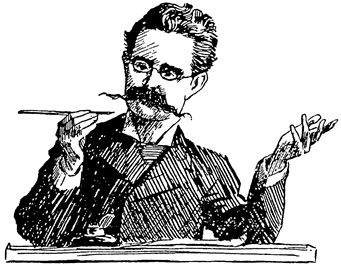Thank you!
As we put a close to 2025 and welcome the new year, I first want to thank all of you, my most loyal readers, for supporting me. You are the breath beneath my wings, my muse, the ink in my pen. Thank you.
2025 was a busy year!
Back in January, I finished the first draft of The Parable of Sam, a "biblical horror" novel (as my publisher, GladEye Press, is calling the genre). It will be released in the fall of 2026 with the full works: a release party, bookstore tour, press releases, and ARC readers (people who will read a pdf copy before the book is released, for free, with the promise to post a review on Amazon and Goodreads after it releases). Would any of you like to be ARC readers? If so, let me know and I'll sign you up!
Lately I've written some new short stories, and I've started book 3 of my fantasy series, the Heartstone Series. The working title is Lord of Silk and Steel. I'm so excited to work on this series again, and I know many of you have been clamoring for it.
This year also saw a huge ramp-up of my in-person author table sales at events: street fairs, festivals, book fairs, and bookstore events. I even purchased a camper van so I could extend my range for these events across Washington and Oregon! This year I had a whopping 21 events over 41 days for around 319 hours! I drove over 6300 miles for these events, too. Time well spent! The longest was an 8-day stretch at the Oregon State Fair. I LOVE these events, as I get to meet readers face-to-face, get them excited about my books, and sell my books to them. I met many of you at these events, in fact! I would gladly do more, if I could. I sold 516 books at these events. So many new readers. Yay! Stay tuned for events coming up in 2026.
I've also started advertising my author services (services for other authors or would-be authors), including helping them with the conception stage, formatting books for self-publication, book cover design, Amazon ad generation, writing book blurbs, creating Amazon author pages, and more. To date I've helped four authors with these things. Most recently I helped Corvallis author Judy York with formatting her first book for Kindle and print (including her original essays, color paintings, and poetry), creating covers for each version, creating an Amazon author page for her, and uploading the books with meta data. Her book is now live and selling. Are you an author or aspiring author who could use my services? If so, let me know. Here's information for my services from my webpage, and here's my Fiverr account if you'd rather book me there.
And I continue doing other things that professional authors like myself need to do, such as writing these newsletters, blogging, attending and critiquing for my writer's group, attending workshops, dealing with marketing and ads, doing readings, editing and revising, and the endless need to attend to my many social media pages. I even had a book club that I did for a while. And, of course, I need to find time to read other people's books (as Stephen King has said, "If you want to be a writer, you must do two things above all others: read a lot and write a lot.").
Though I got laid off from my dayjob as a scientist back at the end of July, and haven't yet secured a new job, it has given me time to focus on all of these author activities. I'm thankful for that. But it doesn't pay all the bill (yet). Some day! So I'm looking for a new job right now and trying to make ends meet. I'm thankful that all of you are supporters!
Have a very prosperous new year, and happy reading!















